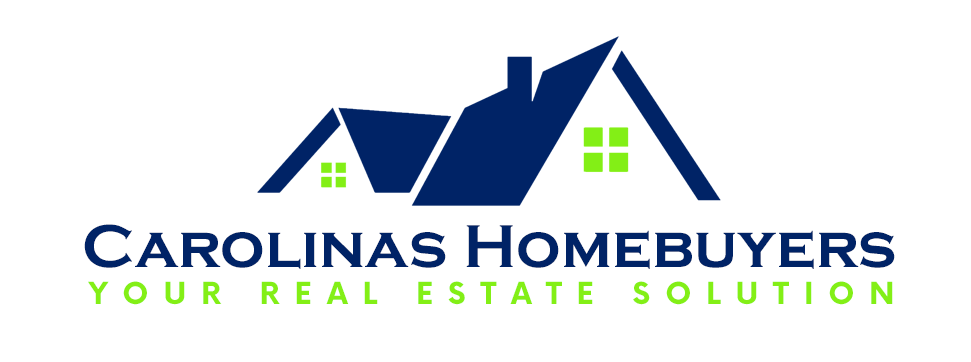
Buying a home is one of the most significant financial decisions many people make in their lives. Amidst the excitement of finding the perfect property in Greenville, South Carolina, there are various crucial aspects to consider, and one of them is title insurance. Understanding who is responsible for title insurance can be a bit perplexing, but fret not – we’re here to demystify the topic for you.
What is Title Insurance?
Before diving into the responsibilities, let’s clarify what title insurance is. Title insurance is a type of coverage that protects homebuyers and lenders from financial loss due to defects in the property’s title. A title is essentially a legal document that confirms ownership of the property. However, titles can have issues such as unpaid liens, disputes over property boundaries, or even fraud. Title insurance helps safeguard against these issues, offering peace of mind to both buyers and lenders.
Buyer’s Responsibility:
In Greenville, SC, the responsibility for purchasing a title insurance policy usually falls on the homebuyer. When you’re in the process of buying a home, you’ll work with a title company or a real estate attorney to conduct a title search. This search is conducted to unearth any potential issues or claims on the property’s title. It’s an essential step to ensure that the property you’re buying has a clear and marketable title.
Once the title search is complete, the title company will issue a title commitment, which outlines the conditions under which they will issue a title insurance policy. At this point, the buyer is expected to purchase a lender’s title insurance policy to protect the mortgage lender. Additionally, they can opt for an owner’s title insurance policy to safeguard their own investment in the property.
Seller’s Responsibility:
While the primary responsibility for obtaining title insurance lies with the buyer, sellers also have certain obligations related to title insurance. Sellers are often responsible for providing a clear and marketable title to the property. This means that they must address any issues, such as unpaid liens or unresolved disputes, before the property is sold.
During the closing process, the seller might be required to provide documents and information to the title company or attorney to ensure that the title is free from defects. In some cases, sellers might also be asked to pay for certain title-related expenses, such as the owner’s title insurance policy or the title search fee. These details can vary based on negotiations between the buyer and seller and the terms of the purchase agreement.
Lender’s Title Insurance vs. Owner’s Title Insurance:
It’s important to understand the distinction between lender’s title insurance and owner’s title insurance. Lender’s title insurance protects the mortgage lender’s financial interest in the property, while owner’s title insurance protects the buyer’s investment in the property. Both policies provide coverage against potential title issues, but they serve different purposes and have separate costs.
In Conclusion:
In the context of Greenville, SC, the responsibility for title insurance primarily falls on the homebuyer. However, sellers also play a role in ensuring that the property’s title is clear and marketable before the sale. The details of who pays for what can be negotiated between the parties involved and can vary from one transaction to another. Title insurance might seem like an additional expense, but it’s a valuable investment that offers protection and peace of mind for both buyers and lenders. When purchasing a home in Greenville or anywhere else, taking the time to understand title insurance and its responsibilities can help ensure a smooth and secure real estate transaction. Give us a Call at 843-919-4343.

